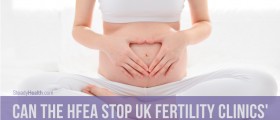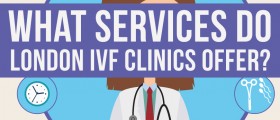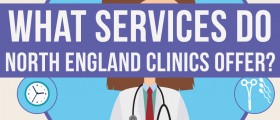
The National Institute for health and Clinical Excellence (NICE) argued that setting an age limit for invitro fertilization could be seen as discriminatory. This despite the fact that obese women have been told to lose weight before qualifying for fertility treatments on the NHS for a long time. Of course, these newly released statistics show that allowing women over 50 to receive IVF on the NHS would increase the number of children born to women who could be grandmothers dramatically. Personally, I believe that this raises a number of ethical questions. I understand what it feels like to want a child more than anything in the world, and not being able to realize this wish due to fertility problems. But who has the best interest of such children at heart?
You don't have to be a mathematical genius to be able to conclude that children of mothers who were post-menopausal when they were born are much more likely to have to deal with losing a parent before they even reach adulthood. For a real-life example of this, just look at the world's older IVF mother (72) dying. This woman's IVF child was only 18 months old. What do you think about this? Should women over 50 be able to receive IVF? What should cut-off age be, if any?
- www.nhs.uk/conditions/downs-syndrome/causes/
- www.nhs.uk/conditions/cervical-cancer/
- Photo courtesy of Oleg Sidorenko by Flickr: www.flickr.com/photos/oksidor/510897128/

















Your thoughts on this
Loading...